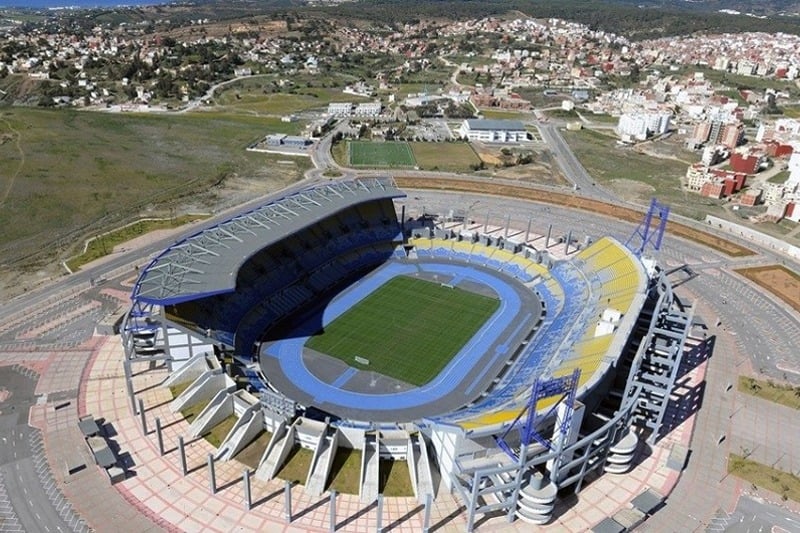Morocco’s stadium renovation plans are in full swing as the country gears up for a historic venture in its sporting history – the bid to host the 2030 World Cup. In collaboration with Spain and Portugal, Morocco is determined to showcase its passion for football and create an unforgettable experience for players and fans. Led by Fouzi Lekjaa, the bid committee is actively working on revitalizing six stadiums across the nation, aiming to meet the highest standards and leave a lasting legacy in the country’s sporting infrastructure.
Also Read: Plans set for Wrexham AFC’s stadium renovation project
Revitalizing Moroccan Stadiums and Setting the Stage for an Unforgettable 2030 World Cup Experience
To prepare for the 2030 World Cup bid, Morocco is undertaking significant efforts to revamp its stadiums, with a primary focus on key venues such as Rabat’s Prince Moulay Abdellah Stadium. This impressive stadium, with a capacity of 64,140 spectators, will undergo renovations to ensure top-tier facilities for football enthusiasts attending the matches. Additionally, the Ibn Battuta Stadium in Tangier, seating 65,000, and the Fez Stadium, boasting 35,455 seats, will also undergo substantial refurbishments, further enhancing the overall football experience.
In addition to the renovations, Morocco has ambitious plans to construct a grand stadium in the vibrant city of Casablanca. This monumental project aims to create a world-class venue with an estimated capacity to host 93,000 football fans. The construction of this grand stadium will not only elevate the World Cup experience but also leave a lasting legacy in Casablanca’s sporting infrastructure, solidifying Morocco’s commitment to excellence in football.
Throughout the preparations for the 2030 World Cup bid, Morocco continues its collaborative efforts with Spain and Portugal. The representatives from these three countries actively engage in discussions and work together to craft a compelling bid that resonates with the international football community. This ongoing collaboration, coupled with Morocco’s rich football heritage and unwavering commitment to excellence, significantly enhances the bid’s potential for success, ensuring a strong and united front in the pursuit of hosting rights for the prestigious tournament.
In conclusion, Morocco’s stadium renovation endeavours demonstrate the nation’s determination to excel in football and shine on the global stage.

